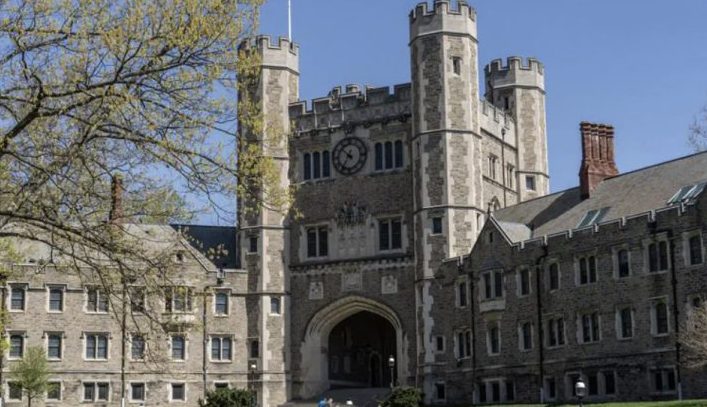Three current Harvard students and two recent graduates lose their visas as part of a broader US initiative targeting international students allegedly tied to pro-Palestinian Arab activism.
Five individuals affiliated with Harvard University—three enrolled students and two recent graduates—have had their student visas revoked, The Harvard Crimson reported, citing a communication from the Harvard International Office (HIO).
The notification, distributed to Harvard’s international student community, revealed the revocations came to light during a standard review of institutional records.
The HIO did not release the names or any identifying information regarding those affected, citing privacy considerations. The identities of the students remain unconfirmed by other sources.
“We are not aware of the details of the revocations or the reasons for them, but we understand that comparable numbers of students and scholars in institutions across the country have experienced similar status changes in roughly the same timeframe,” the HIO message stated.
The visa cancellations align with a wider federal campaign under the Trump administration to remove foreign nationals suspected of engaging in pro-Palestinian Arab demonstrations on campuses. US Secretary of State Marco Rubio recently stated that over 300 visas had recently been nullified as part of this effort.
A Harvard University spokesperson declined to issue a statement when asked for comment. The report comes several days after the Trump administration issued a firm ultimatum to Harvard University, demanding sweeping policy changes as a condition for maintaining its access to nearly $9 billion in federal grants and contracts.
The directive comes amid an investigation into allegations of antisemitism on Harvard’s campus.
Federal authorities are calling for a ban on face coverings during protests—in response to pro-Palestinian Arab demonstrators who have used masks to obscure their identities. Additionally, Harvard must revise its policies governing protests and public demonstrations to clarify restrictions on time, place, and manner.
The letter also directs Harvard to assess and reform academic departments that “fuel antisemitic harassment.” Harvard, like other universities in the US, has seen an uptick in anti-Israel activity since Hamas’ October 7, 2023, attack on Israel and the war in Gaza which followed. The university has come under fire over its handling of antisemitism on campus.
Just two days after the October 7 massacre, a coalition of 34 Harvard student organizations released a statement in which they blamed Israel for Hamas’ attack. Later, then-Harvard President Claudine Gay came under fire after she, along with MIT President Sally Kornbluth and University of Pennsylvania President Liz Magill, testified before a congressional hearing on the issue of antisemitism on college campuses.
All three university presidents gave similar answers to Rep. Elise Stefanik in which they failed to unequivocally condemn antisemitism or even calls for genocide against Jews. Gay eventually resigned as President of Harvard.





